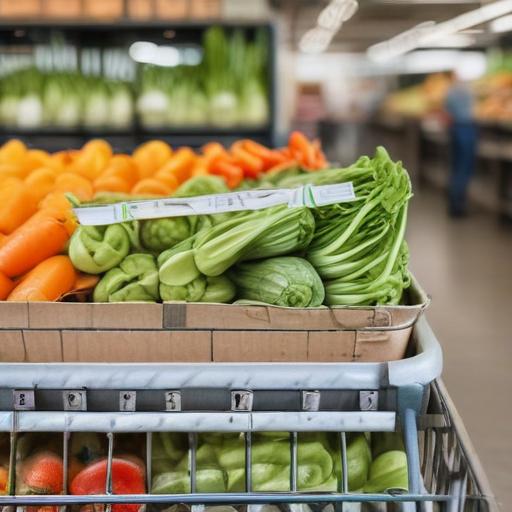In Sonoma County, many restaurants and food businesses are facing ongoing challenges as they try to recover from the impacts of the pandemic, natural disasters like firestorms and floods, and now, newly imposed tariffs on goods. These financial burdens are proving to be daunting for local entrepreneurs trying to navigate the fluctuating costs of ingredients and supplies.
Jeremy Zwinger, owner of the Rice Trader, recalls the shock within the industry when tariffs were first announced in March. The totality of these tariffs has left many, including local businesses, grappling with heightened expenses. A recent U.S.-China agreement has led to a temporary pause on tariffs for 90 days, but the uncertainty surrounding future trade policies continues to loom large.
Danielle Connor, co-owner of Retrograde Coffee Roasters, expressed her difficulties in financial planning due to unpredictable costs. She noted that while media narratives often portray tariffs as burdens on exporting countries, the impact is felt directly by consumers and small businesses as they shoulder these additional costs.
Similar sentiments were echoed by Christian Sullberg of Noble Folk, who is concerned that rising tariffs could threaten his ability to source premium ingredients, such as high-quality vanilla and eco-friendly packaging. The apprehension is common among small business owners as they navigate a challenging economic landscape exacerbated by external factors beyond their control.
The fallout from these economic pressures has led to the closure of some local establishments, like Santa Rosa’s Trattoria Cattaneo and Maison Porcella in Windsor. Marc-Henri Jean-Baptiste, who pivoted his focus from a bistro to a charcuterie business, warned that increased prices for imported products could further escalate costs for customers seeking local options.
Despite the daunting nature of these challenges, some businesses remain optimistic. Javier Silva from HopMonk Tavern highlighted the importance of creating an engaging experience for customers while striving to source ingredients locally. He insists that restaurants must adapt and evolve to stay afloat amid these tumultuous financial currents.
Zwinger notes that this tariff situation has spotlighted some systemic issues within the global economy, emphasizing the need for fairer trade practices. He remains cautiously optimistic, believing that while costs may rise, businesses and the economy have the resilience to adapt over time.
This situation underscores the importance of supporting local businesses during difficult times, as their survival contributes significantly to the vitality of the community. Although there are hurdles ahead, the resilience and adaptability seen among Sonoma County’s restaurateurs and food suppliers provide a hopeful outlook for weathering these economic storms.
